
This Update consists of five modules covering new and changing knowledge on:


This Update consists of five modules covering new and changing knowledge on:


This Update consists of five modules covering new and changing knowledge on:


This Update consists of six modules covering new and changing knowledge on:

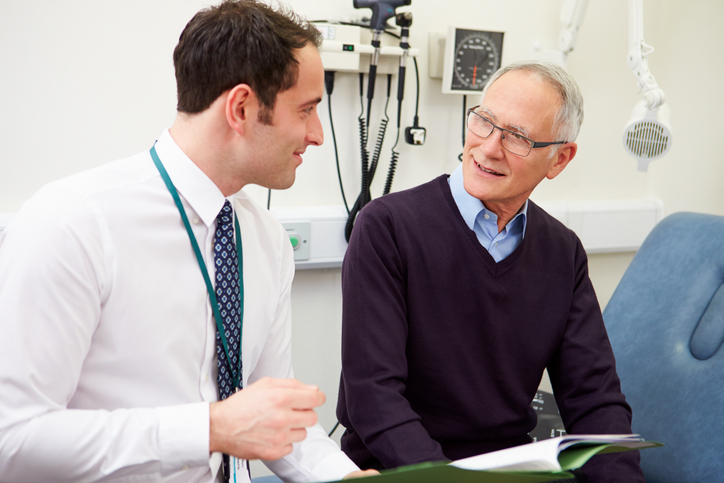
This Update consists of six modules covering new and changing knowledge on:
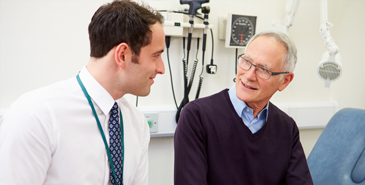

This Update consists of six modules covering new and changing knowledge on:


This Update consists of six modules covering new and changing knowledge on:


This Update consists of five modules covering new and changing knowledge on:


This Update consists of five modules covering new and changing knowledge on:


This Update consists of five modules covering new and changing knowledge on:


This Update consists of five modules covering new and changing knowledge on:


This Update consists of five modules covering new and changing knowledge on:


This Update consists of four modules covering new and changing knowledge on:


This Update consists of four modules covering new and changing knowledge on:


This Update consists of four modules covering new and changing knowledge on:


This Update consists of five modules covering new and changing knowledge on:


This Update consists of five modules covering new and changing knowledge on:


This Update consists of five modules covering new and changing knowledge on:


This Update consists of five modules covering new and changing knowledge on:


This Update consists of five modules covering new and changing knowledge on:

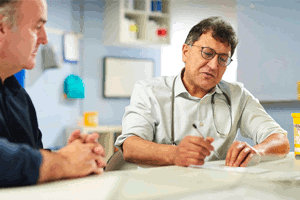
This Update consists of five modules covering new and changing knowledge on:

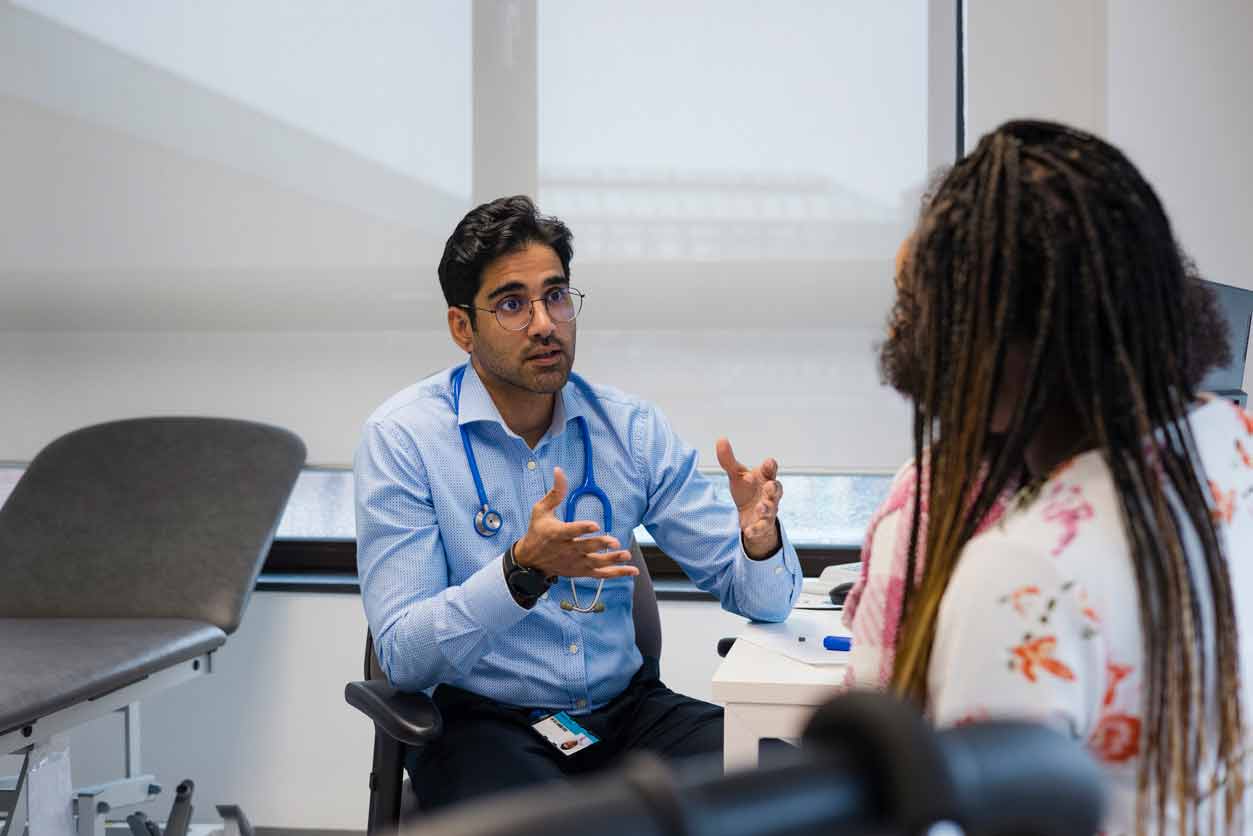
This Update consists of five modules covering new and changing knowledge on:

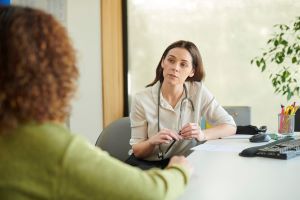
This Update consists of five modules covering new and changing knowledge on:

This free 'taster' contains some examples of the Essential Knowledge Update (EKU) modules and Essential Knowledge Challenge (EKC) questions currently available in the full Essential Knowledge Update Programme as well as a number of EKU Hot Topics, Podcasts and Screencasts. All of the EKU Programme resources cover new and changing knowledge relevant to daily general practice, wherever you work in the UK.
The Essential Knowledge Updates and Challenges are FREE to all RCGP members, Associates, and GP registrars as part of the RCGP Membership benefit package. Non RCGP members can purchase an Annual Essential Knowledge Update Programme subscription (this includes access to the two most recently released Updates and Challenges) for £149 or an individual Update for £75 or Challenge for £55. To do so, please visit the ‘Courses and Events’ section of the RCGP website and follow the online instructions to complete your registration and booking for these courses. Access to the Hot Topics, Podcasts and Screencasts is free for ALL users.
Access to this course is Unrestricted.
For more information, contact us at eku@rcgp.org.uk.



|
|
Metabolic dysfunction-associated steatotic liver disease (MASLD), also known as Non-alcoholic fatty liver disease (NAFLD), is estimated to affect up to 1 in 5 people in the UK. Rates are increasing with rising levels of obesity. Although most cases of MASLD are linked to excess weight, you can develop the disease if you have a healthy weight. In this EKU podcast, Dr Thomas Round talks to Dr Helen Jarvis, a GP and Clinical lecturer and researcher at Newcastle University with an interest in liver disease about fatty liver disease in primary care. |
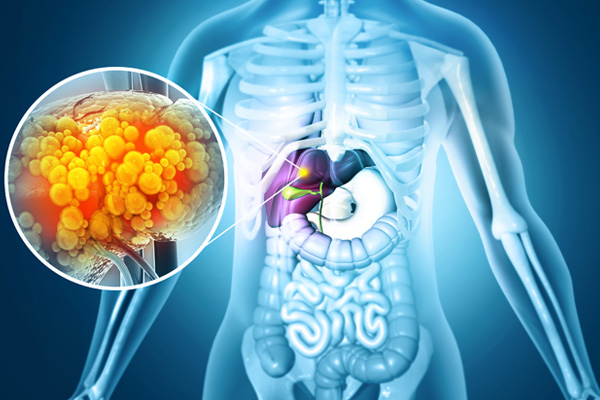

Fetal Alcohol Disorders are a common group of neurodevelopmental abnormalities caused by prenatal alcohol exposure. A diagnosis remains challenging due to a lack of access to neurodevelopmental pathways and training in how to obtain accurate alcohol histories in pregnancy. Use of biomarkers and other definitive means of ascertaining exposure is at a research stage only. Up to one in twenty schoolchildren in the UK may be affected. Early recognition and treatment can lead to significant improved outcomes.


Meaningful learning which provides deep understanding of a topic is difficult to achieve in modern general practice. While we used to be able to utilise the lunch or coffee break or a rare CPD session for some uninterrupted learning, the current reality of time between patients is more likely one of getting to grips with hundreds of unanswered emails, urgent referrals, checking of results and DES and NIS audits. So a major challenge for general practitioners remains to find time to stay up to date when their temporal resources are severely limited. For those weeks when you’re not able to sit down and do a full RCGP e-learning module on its own, the Online Learning Environment Team has devised a 5 minute, bite sized presentation that will take a current topic – often debated in the popular press and therefore familiar to patients – and give you just one or two ideas how to change your practice and improve patient outcomes.
This resource is developed by the RCGP eLearning department.
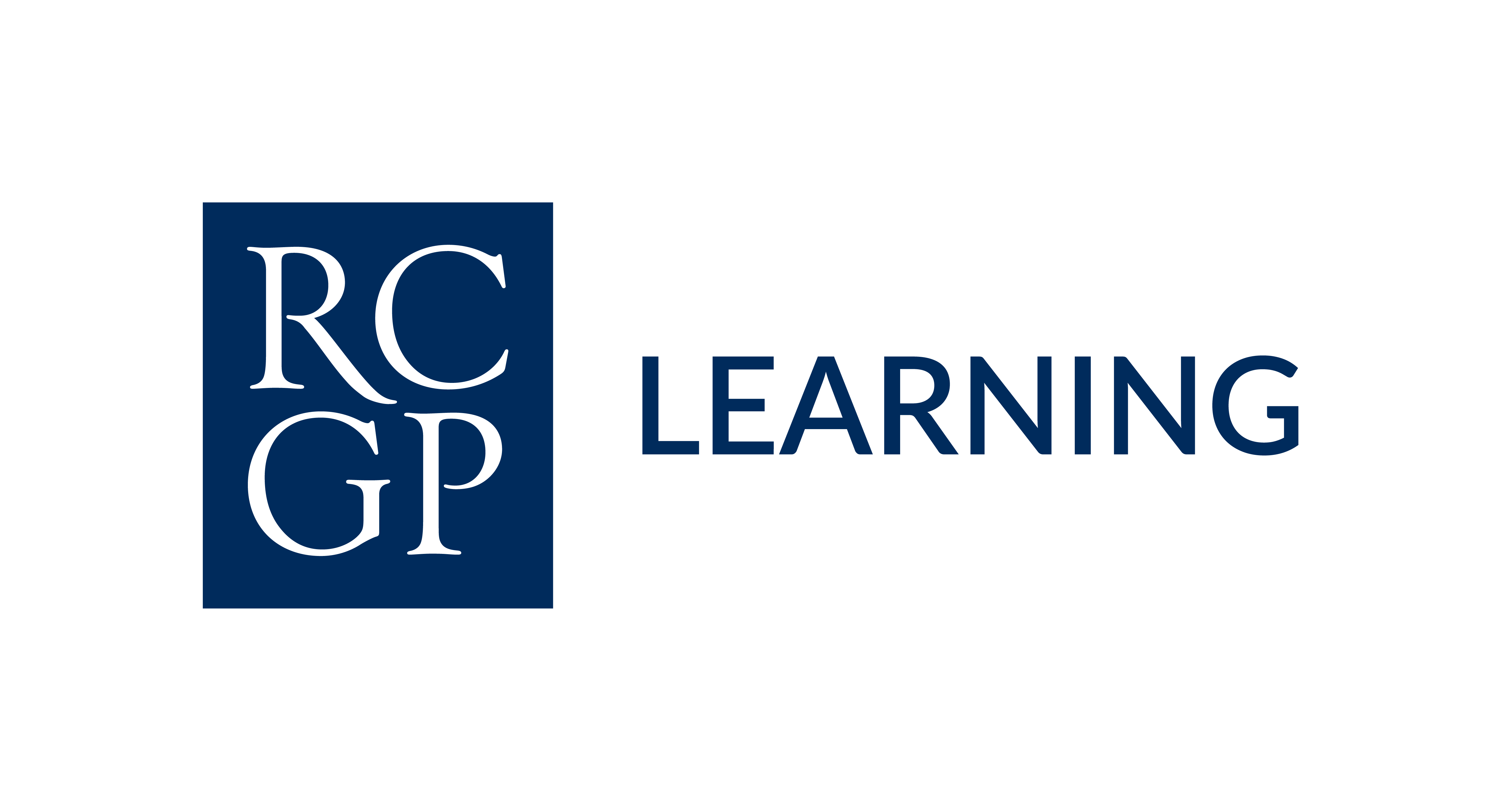


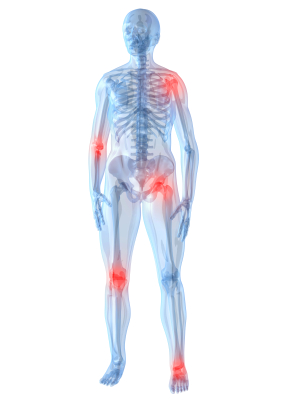 This set of six screencasts has been designed to sit alongside the Core Skills in Musculoskeletal Care course.
This set of six screencasts has been designed to sit alongside the Core Skills in Musculoskeletal Care course.
These screencasts look at the most salient points in the assessment and management of six common musculoskeletal primary care presentations. They offer an overview of the topic; for more detailed information we encourage you to look at the Core Skills course, either as a whole or as stand alone modules.
The 5 minute presentations were developed in partnership with Versus Arthritis.


This course aims to raise awareness and understanding of gambling harms amongst healthcare professionals. It will highlight that gambling carries a risk and can cause significant harm not only to the individual gambling but also to those around them. It will equip the learner with the skills to identify those experiencing harm and will aim to reduce the stigma related to gambling disorder. Finally it will provide the information and resources needed to access support and treatment for an individual experiencing gambling harms.
Your GP practice will automatically be eligible for accreditation once a member of your clinical team has completed the Gambling Harms eLearning course. Please note this must be a member of the clinical team who can make patient referrals. This team member will then be named as the Gambling Harms practice lead.
An educational grant was received from GambleAware for the production of the course. Editorial and content decisions were made solely by the RCGP.



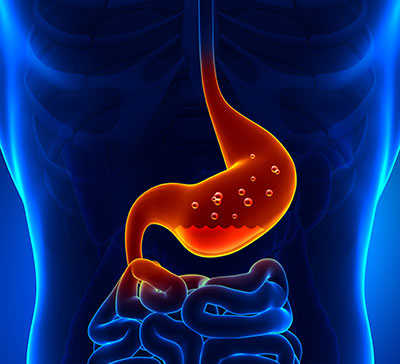
Gastro-oesophageal reflux disease (GORD) is a common presentation in the western world with a prevalence of ca 10-28 % in adults and a growing prevalence in children. Prior use of non-steroidal anti-inflammatory drugs, smoking, excess body weight and gastrointestinal and cardiac conditions are all associated with an increased risk of a diagnosis of GORD, making it important to advise on lifestyle changes in primary care before starting to prescribe. Proton pump inhibitors (PPI) prescriptions have risen over the last ten years, with up to 41% of elderly patients on PPIs. This primary care focused course of four fifteen minute modules aims to improve management of GORD in primary care, whilst reducing unnecessary prescribing.
This course was sponsored by RB.
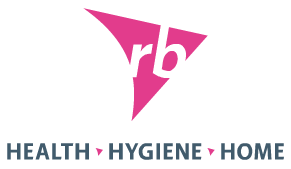





This course consists of two modules, which cover different areas of this subject but with some overlap. The first module concentrates on care of the adult transgender patient, using a case study approach to discuss all aspects of GP care. This includes prescribing, pronoun use and changing the gender marker in the notes as well as a detailed discussion of the GMC and BMA positions on transgender care. The second module focuses more on the adolescent patient and discusses management including psychological input and drugs such as puberty blockers, as well as what to do if a patient presents to their GP wanting to discuss pausing or reversing aspects of their transition, as well as more information about disclosure of trans status within the context of medical care. In some places this course refers to administrative issues that do not apply across the whole of the UK, for example NHS numbers. The resources section contains information on these issue for those working in Scotland, Wales and Northern Ireland.
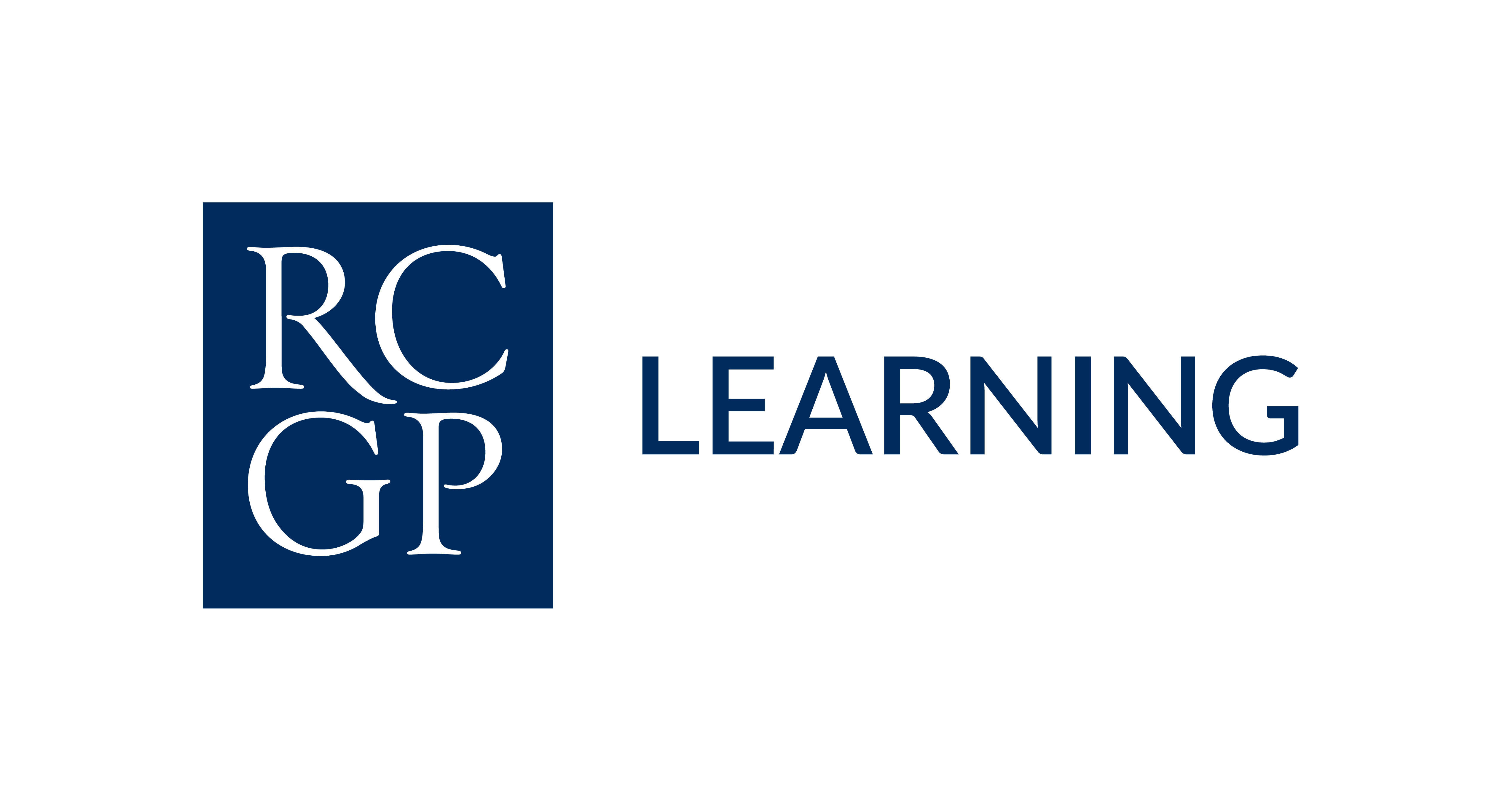

This page signposts resources to topics of a general nature in women's health.
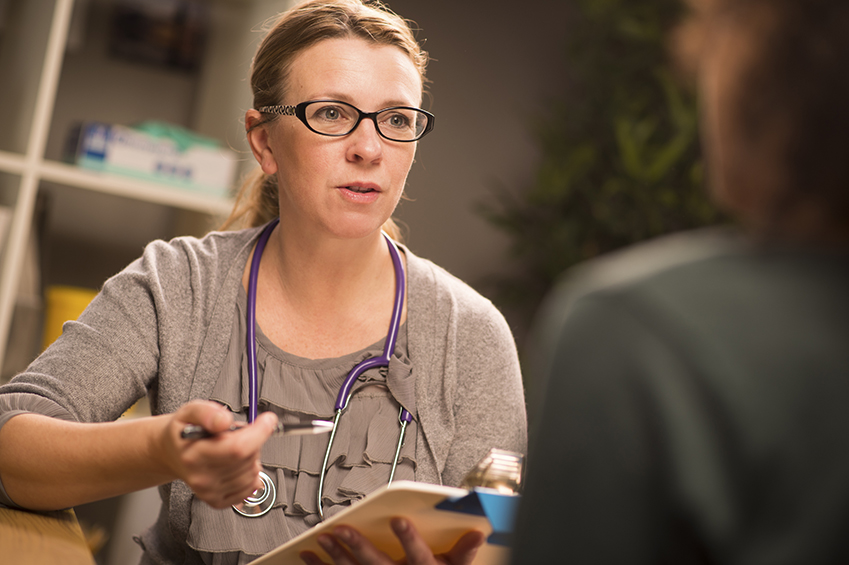

Genetic haemochromatosis (GH) is the most commonly inherited genetic condition in Caucasian European populations.
The course will deliver an understanding of the pathophysiology of haemochromatosis and the problem of underdiagnosis and late diagnosis. It will use a case study approach to discuss which presenting symptoms should prompt the GP to consider haemochromatosis as a diagnosis, how to investigate suspected haemochromatosis in primary care, when to refer and to which specialty. There will then be an overview of the ongoing management of patients with confirmed haemochromatosis and iron overload.
An educational grant was received from Haemochromatosis UK for the production of the course. Editorial and content decisions were made solely by the RCGP.
![]()

The webinar explored challenges experienced at the start of the COVID 19 crisis, ways in which health services adapted at speed to manage increasing demands and the public health lessons learnt during the pandemic. Four International experts took part to provide expert perspectives on topics including:


This is a 30 minute course on glycogen storage disorders (GSDs) consisting of two 15 minute modules. The first will concentrate on hepatic GSDs and the second on muscle GSDs. The aim of this course is to raise awareness of the condition among GPs and to support GPs who have a patient with one of these very rare diseases. We will cover presentation, initial investigation, diagnosis and management including the role of specialist centres.
An educational grant was received by The Association for Glycogen Storage Disease for the production of the course. Editorial and content decisions were made solely by the RCGP.

Access to this programme will be removed from this page on Friday 7 November 2025.
These modules are for GP's participating on the International Induction Programme before 1 April 2025.
Access to this programme will be removed from this page on Friday 7 November 2025.
International Induction Programme 2025 enrolments are closed - complete GP SelfTest 'curriculum-wide learning needs assessment' test or discuss requirement with your regional education lead.
Access to this programme will be removed from this page on Friday 7 November 2025.
These modules are for GP's participating on the Return to Practice programme before 1 April 2025.
Access to this programme will be removed from this page on Friday 7 November 2025.
Return to Practice 2025 enrolments are closed - complete GP SelfTest 'curriculum-wide learning needs assessment' test or discuss requirement with your regional education lead.
|
|
This course provides a variety of resources (grouped by topic and format e.g. eLearning, guidelines, courses and books) on the subject of gynaecology and breast. Topics include:
|
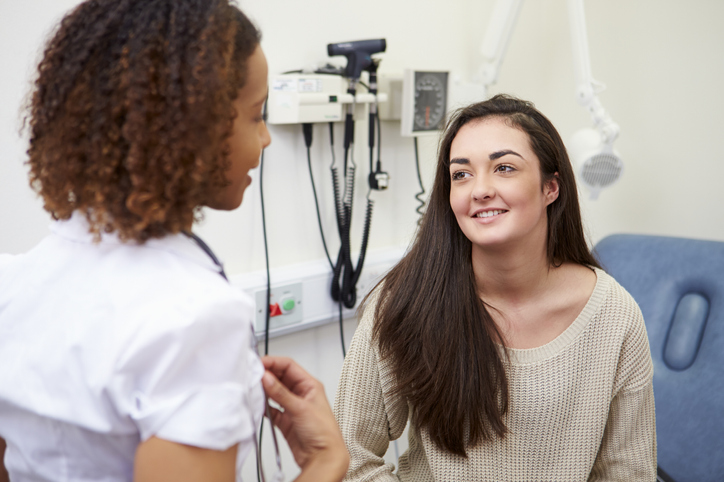
Why does primary care need to know about women’s health?
The 2022 women’s health strategy showed that women spend a significantly greater proportion of their lives in ill health and disability compared to men; a majority of women who responded to the survey felt that there had been times when their voices were not listened to when accessing healthcare. Specific concerns were that symptoms were not taken seriously, that significant self-advocacy was needed to reach a diagnosis, and that there were limited opportunities to discuss the possible treatments. There are a variety of medical needs and life stages which are specific to women, including cervical and breast screening, dysfunctional menstruation, the need for contraception, care during pregnancy and the postnatal period, and management of the menopause. Breast cancer, which is vastly more common in women than in men, is the commonest UK cancer, with two other female specific cancers (uterus and ovary) listed in the 20 most common UK cancers. Cancers of the cervix and vulva are less common (with cancer of the cervix reducing in incidence due to HPV vaccination), but it remains important that we maintain a high index of suspicion for symptoms which could represent a malignancy of any part of the female tract.
This hub concerns illnesses and life stages which are relevant to those of the female sex, and so the words woman/women/female and the pronouns she/her are used throughout the resources. Some of our patients for whom these illnesses and life stages are relevant will have a gender identity which is not female. Their chosen pronouns should be respected and used.
Women’s health eLearning
This hub contains courses which cover the main female cancers – endometrial, cervical, vulval and ovarian, as well as information about prevention of, and screening for, breast cancer. The course on endometriosis discusses the presentation and initial decision making process around whether to treat empirically in primary care or refer for a diagnosis. The decision on whether a formal diagnosis, only available via laparoscopy, is necessary at first presentation, needs to be made by the woman and her GP and will depend on a variety of factors including severity of symptoms and whether there is a current wish to conceive. There is also a course on heavy menstrual bleeding (HMB) which starts from the assessment of a patient with HMB and discusses the current guidelines and how to assess the risk of endometrial pathology and use this to make decisions about whether to treat empirically, investigate in primary care, or refer at first presentation.
The course on contraception covers all currently available methods and uses an interactive approach, case studies and videos to provide education about the mode of action and efficacy of each method, the common myths and how to refute them, and broader issues which women seeking contraception may want to consider. Concepts such as quick-start and bridging contraception are also discussed. The menopause and hormone replacement therapy (HRT) is covered in a module aimed at generalists which discusses the identification and management of the menopause and perimenopause, what women need to know about HRT and how to start it, as well as the specific features that apply to women with premature ovarian insufficiency (POI), many of whom will need referral to secondary care.
The hub also contains a variety of podcasts. Some of these cover the same subjects as the courses – a podcast sometimes allows more in depth discussion of an aspect of care where management may not be clear-cut; where there is a podcast and a course, they usually cover different facets of the condition and so it is worth accessing both resources. There are also podcasts on subjects which do not have a course on the hub, such as influenza (flu) vaccination in pregnant women, and women’s health and migraine.
References:


This course explores health inequalities; what they are and why they matter to patients, communities and practitioners. The first module offers an introduction to health inequalities which will be relevant to all practitioners in the United Kingdom, as well as an overview of NHS England and Improvement’s Health Inequalities Improvement Programme. In the module on leadership we examine a number of approaches to tackling health inequalities at various levels of influence and with a focus on practical actions to make a difference.
The course is FREE to RCGP members and other healthcare professionals in the UK.
An educational grant was received from NHS England and Improvement (NHSEI) for the production of the course. Editorial and content decisions were made solely by the RCGP.
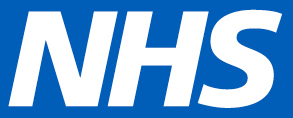

Healthcare inequalities are unfair and avoidable differences in health across the population, and within different groups in society. People who live in areas of high deprivation and who are from certain ethnic minority communities are at higher risk of health inequalities, which are linked to the wider determinants of health, such as where we are both and grow up and the conditions in which we live, work and age. The NHS Long Term plan has the reduction of health inequalities at its core and aims to ensure exceptional quality healthcare for all, ensuring equitable access, excellent experience and optimal outcomes. The RCGP health inequalities hub contains three eLearning courses, as well as other resources.
The first course provides an introduction to health inequalities, introducing terms such as the wider determinants of health, the index of multiple deprivation, the inverse care law and the intersectionality between multiple factors. A case study approach is used to help learners consider how they might reduce health inequalities in their area. The second module looks at leadership in this area, considering how a practice might put in place measures to reduce health inequalities among their patients and what challenges this might bring.
The second course is on inclusion health. Inclusion health groups are those who are most likely to suffer health inequalities – they include those experiencing homelessness, victims of modern slavery and vulnerable migrants. The course discusses how practices can be welcoming to these patients, how to make sure that they are not deterred from registering by unnecessary administration, and how to manage consultations with those in inclusion groups, within the confines of NHS general practice.
The third course discusses the principle of allyship and bystander intervention, how to avoid unintentional microaggressions, and the NHS’ policy towards racism. It covers situations that might arise in practice, such as what to do if a patient asks to see a white doctor, and the interventions that have been recommended to reduce the fact that black and ethnic minority doctors are more likely than white doctors to be referred to the GMC. A case study illustrates how a practice might deal with a patient who makes a racist comment.
The rest of the hub contains other resources in the area of health inequalities. This includes an interview and a webinar with Professor Sir Michael Marmot, who has led research groups on health inequalities for over 40 years and has written key reviews in this area, including ‘Fair Society, Healthy Lives’. There is also a podcast about the use of social prescribing link workers to reduce health inequalities and a section about increasing vaccine uptake to reduce health inequalities – this was linked to the COVID-19 vaccine, but many aspects are relevant to other vaccinations. Finally there are links to other resources, including on ‘missingness’, when patients do not attend appointments and may be harmed by this, and resources about addressing the increase in health inequalities that has been seen since the COVID-19 pandemic.
References:




This course aims to update GPs about the importance of optimising patients who have heart failure with reduced ejection fraction (HFrEF) beyond pharmacological therapy. It will discuss the use of the 12 lead ECG as an important component of a heart failure review and how it may assist the GP in identifying patients who may benefit from an early onward referral for assessment of cardiac resynchronisation therapy. It will specifically review the indications for referral for consideration of both cardiac resynchronisation therapy (CRT) and implantable cardioverter defibrillators (ICD) in patients with heart failure and how these interventions may benefit patients in terms of their quality of life and prognosis. This course will also discuss other common ECG abnormalities not to miss in patients with heart failure. This course falls within the Cardiovascular Health curriculum field.
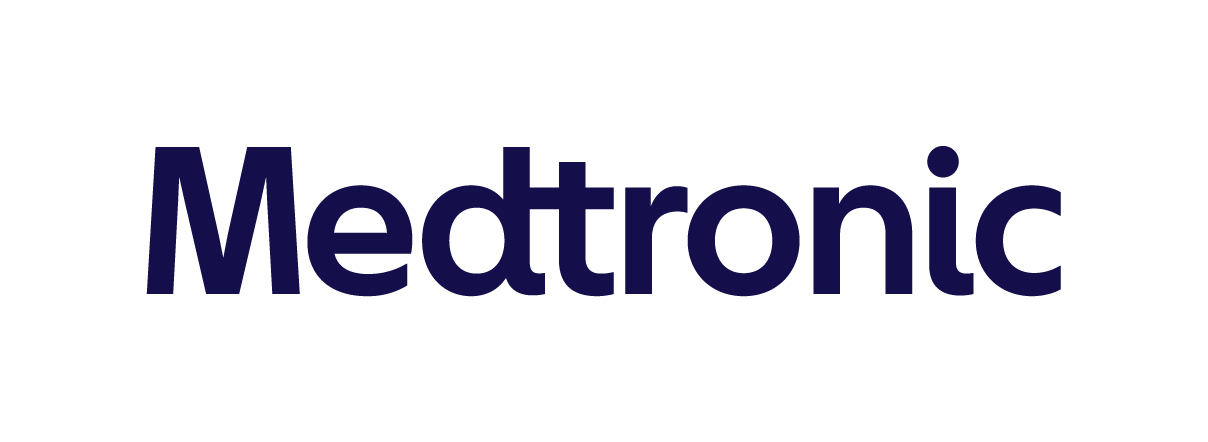


This half-hour course aims to improve the management of heavy menstrual bleeding (HMB). Using the NICE guidance as a key reference, investigation and treatment will be discussed as well as when to refer for specialist care. Case studies will illustrate common issues with diagnosis and treatment, when to investigate, how to manage in primary care and when to refer.
The course is FREE to RCGP members and other healthcare professionals in the UK.
An educational grant was received from Endometriosis UK for the production of the course. Editorial and content decisions were made solely by the RCGP.
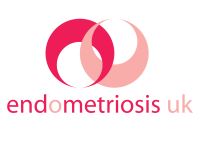

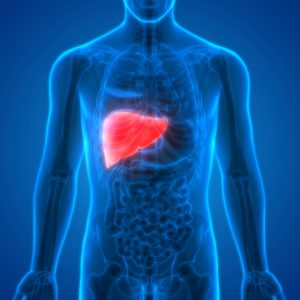
After completing the course the learner will:
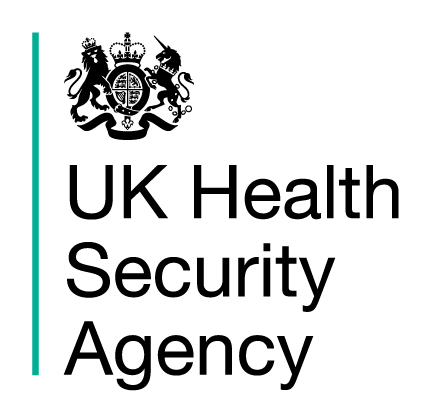
This course was originally developed in partnership with Gilead Sciences.

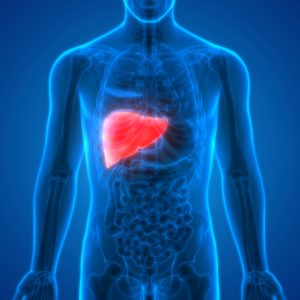
|
Start Hepatitis C: enhancing prevention, testing and care This course provides an understanding of hepatitis C and its prevalence. It also gives an overview of the liver and its function, and the stages and natural history of untreated hepatitis C liver disease. The course is aimed at all professionals who work with those at risk of hepatitis C. This includes healthcare professionals such as doctors, nurses and pharmacists, as well as those in other professions including social workers and support workers. Supported by the UK Health Security Agency, an executive agency sponsored by the Department of Health and Social Care
|

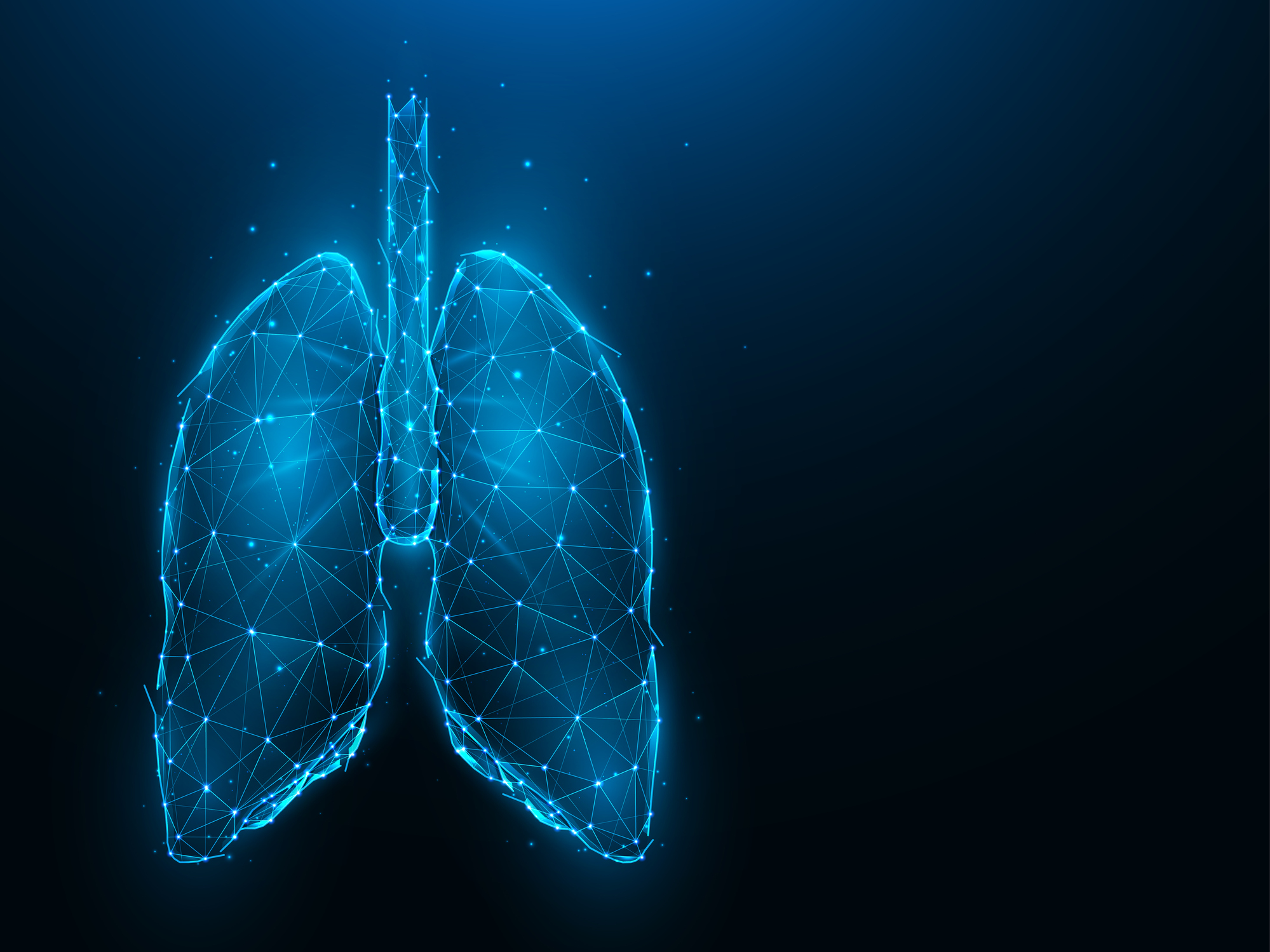
This course aims to educate GPs about how we can improve asthma outcomes whilst reducing the carbon footprint of inhaler prescribing. It will outline opportunities to improve patient disease control and optimise inhaler device prescribing and will signpost to step-by-step quality improvement tools to implement this work in practice. For GPs based in England, completing this course will support achievement of the Investment and Impact Fund criteria on respiratory care and sustainability from April 2022 - April 2024. Much of the information about greener inhaler choices also applies to patients who use inhalers for other reasons, e.g. COPD.
An educational grant was received from NHS England for the production of the course. Editorial and content decisions were made solely by the RCGP.



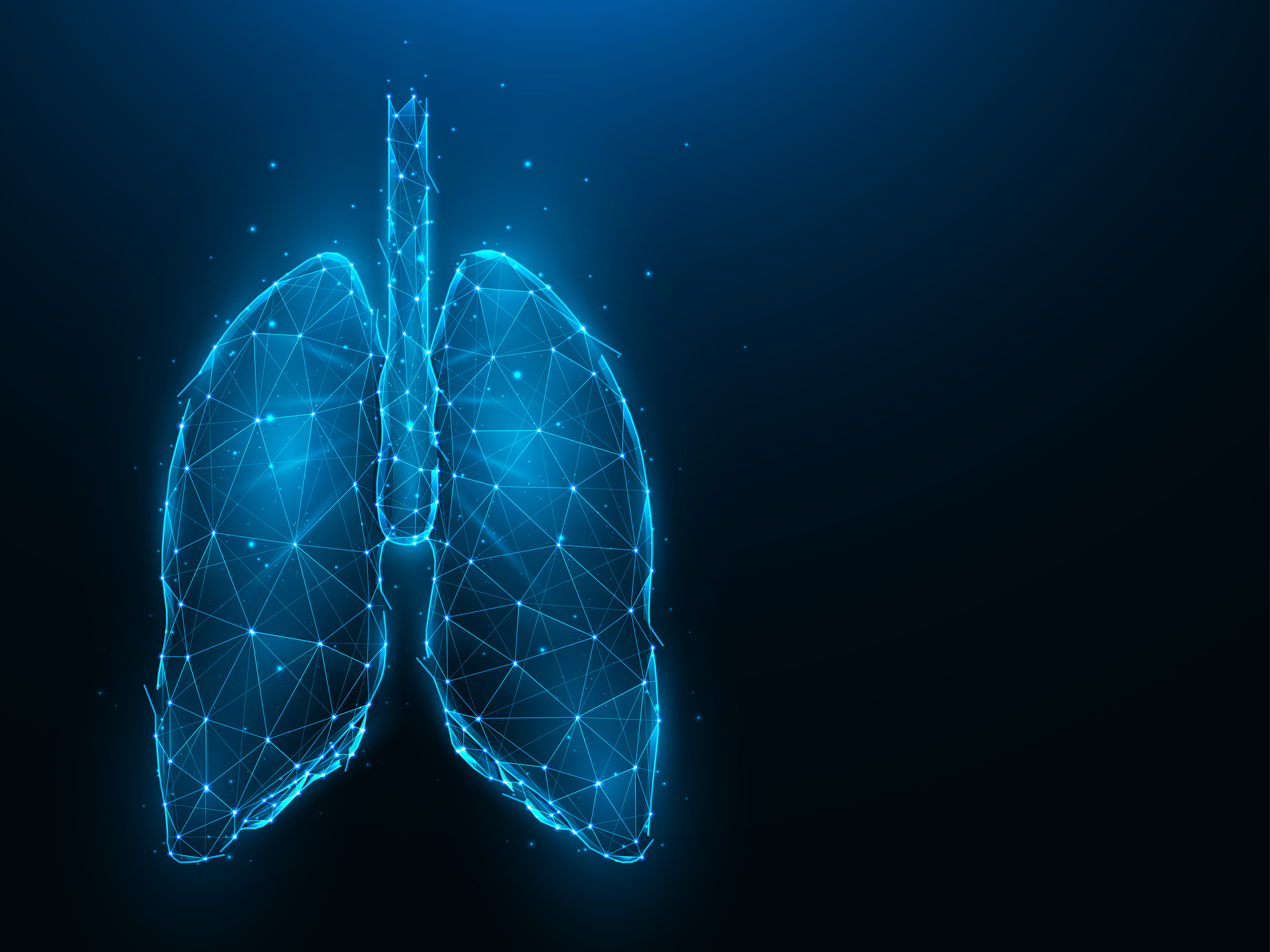
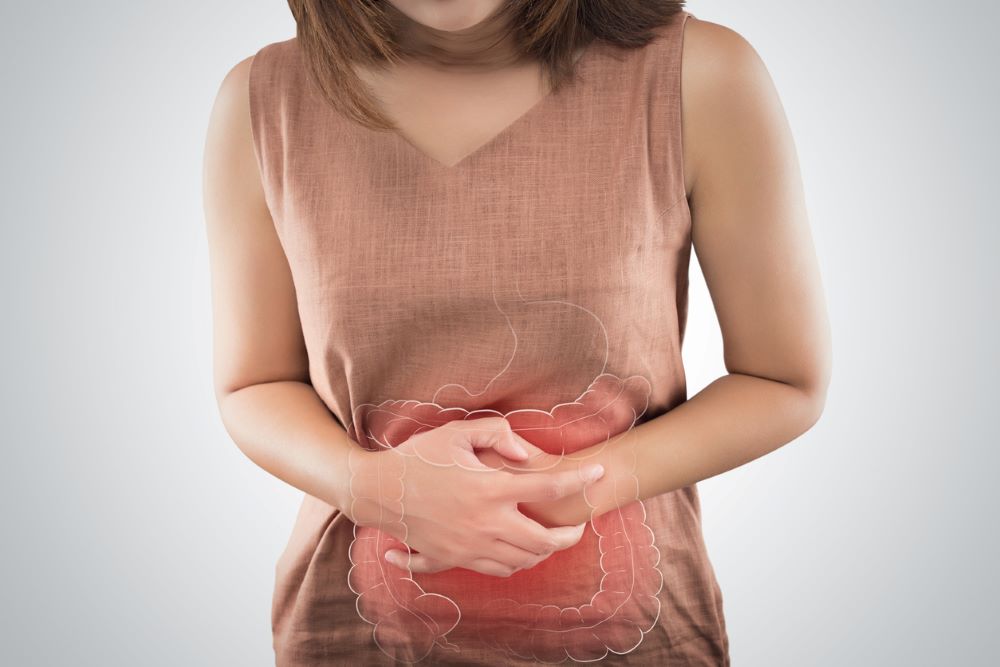
Inflammatory bowel disease is a lifelong condition which can impact on many areas of a person’s life. In this podcast, Dr Toni Hazell and Dr Kevin Barrett discuss how we can diagnose inflammatory bowel disease at an earlier stage and make logical use of the tests available to us. They then go on to discuss the management of flares of the disease and holistic care for patients with IBD, at all stages of life.
This podcast was funded by Crohn's & Colitis UK. Editorial and content decisions were made solely by the RCGP eLearning.
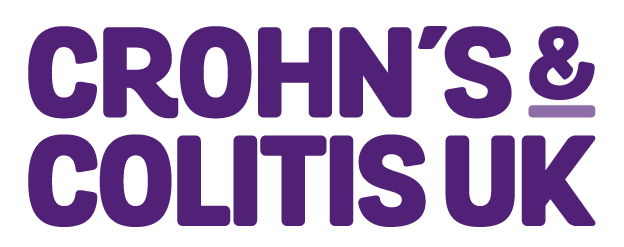
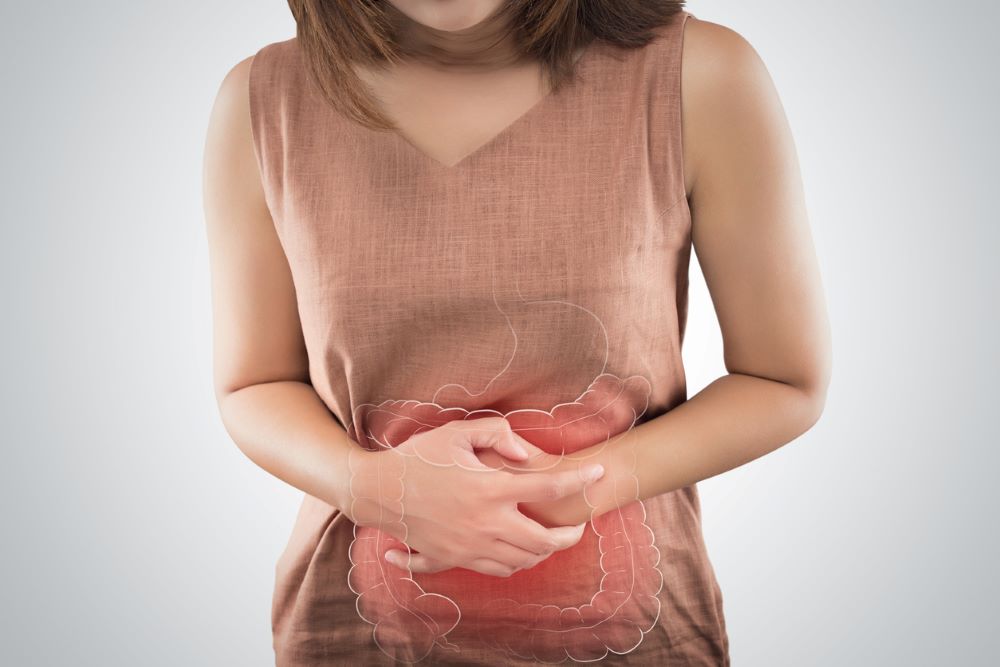
This is a recording of a live webinar that took place on 29 April 2024. This recording will be available to view until 29 October 2024.
This webinar will increase delegates knowledge and understanding of breathlessness as a symptom. Many people live with lung diseases suffer breathlessness long term with episodes of exacerbation due to various conditions such as COPD and Lung Fibrosis. Others might experience breathlessness as a result of an acute illness such as asthma attack or due to mental health issues such as anxiety and panic attacks. Managing the symptoms can be challenging and stressful for both patients and clinicians.
Learning objectives
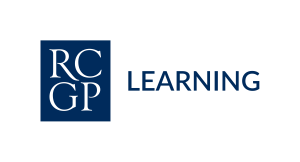


Hyperemesis gravidarum represents the most severe end of the spectrum of pregnancy related nausea and vomiting. Complications can include renal failure, venous thromboembolism, suicidal ideation and termination of a wanted pregnancy. This screencast discusses the diagnostic criteria, which are based on symptoms rather than signs of dehydration. The PUQE score is explained, which can be used to support a diagnosis, and the evidence base behind the safety of antiemetics in the first trimester is reviewed.
An educational grant was received from Pregnancy Sickness Support for the production of this screencast. Editorial and content decisions were made solely by the RCGP.



This course covers the investigation of patients who present with lower gastrointestinal symptoms that are likely to be Irritable Bowel Syndrome, the red flags to look out for, how to make a confident diagnosis in primary care, and how to manage patients in line with NICE CG61.
Editorial and content decisions were made solely by the RCGP.


This module provides an overview of the current state of LGBTQ+ health in the UK. Although the UK has some of the most LGBTQ+ inclusive legislation in the world, many LGBTQ+ people continue to suffer prejudice and discrimination in many aspects of life. It explores the health and social inequalities that LGBTQ+ experience and begins to think how these may be improved.
An educational grant was received from the Government Equalities Office for the production of the course. Editorial and content decisions were made solely by the RCGP.
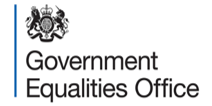


This session provides information about the physiological basics of childhood nutrition and the nutritional needs of infants and toddlers (up to age 3) as well as giving an overview of key medical topics related to infant and toddler feeding and functional gastrointestinal disorders such as colic and reflux. It will use case studies to illustrate specific conditions. References to milks will be by category and not by brand.
An educational grant was received by Danone Nutricia Early Life Nutrition for the production of the course. Editorial and content decisions were made solely by the RCGP.


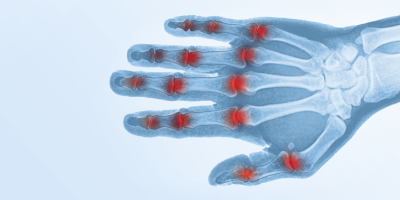
Recent years have seen the publication of several new guidelines relating to the diagnosis of inflammatory arthritis and the monitoring of disease modifying antirheumatic drugs (DMARD) drugs. A recent national audit has shown that only 56% of people in England and Wales with a suspected diagnosis of inflammatory arthritis have been referred with appropriate urgency.
This module will discuss when to suspect an inflammatory arthritis, to whom to refer and with what urgency and how to manage inflammatory arthritis. Patient surveys suggest that access to DMARDs via primary care is a frequent source of problems – this session will discuss the recent relaxation of monitoring frequency for most DMARDs, which should eliminate some of these issues.
This course was developed in partnership with British Society for Rheumatology and CIRC.

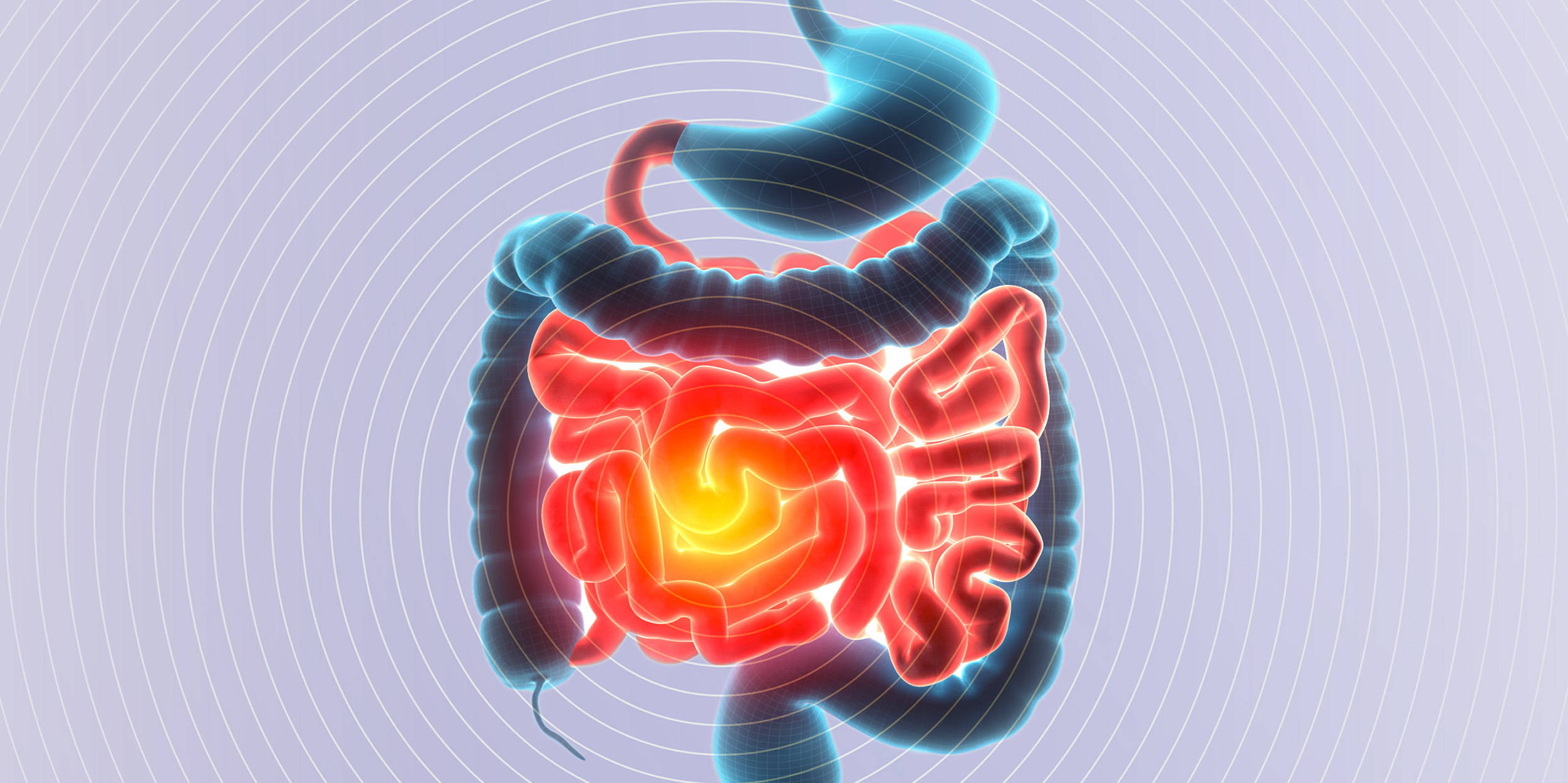
This session covers the different forms of IBD, their risk factors, how to investigate patients with suspected IBD and appropriate referral. It covers the management of flares, monitoring disease modifying drugs and the precautions that patients need to take when on biological therapy. It will also discuss the wider effects that IBD can have on a patient’s life and the holistic support that GPs can offer.
This course was developed in partnership with Crohn's & Colitis UK and is part of the CIRC toolkit on IBD.
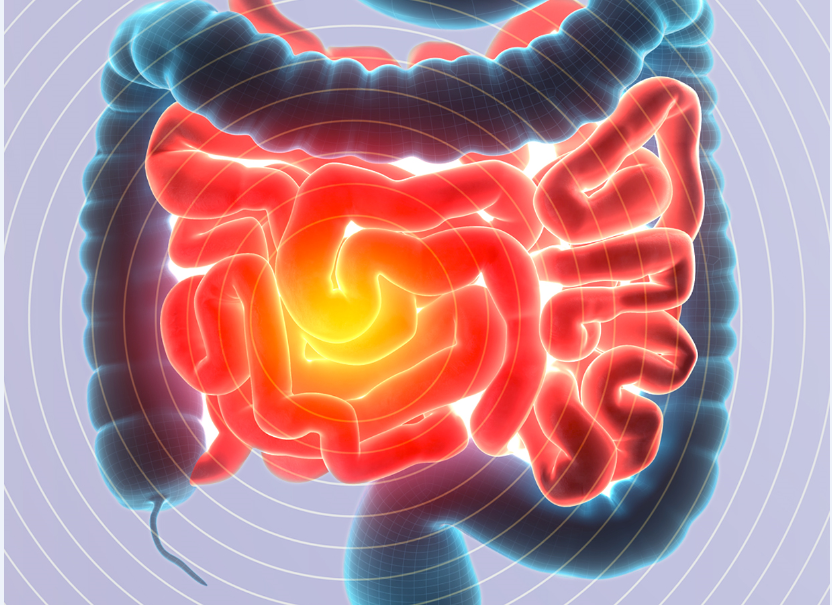

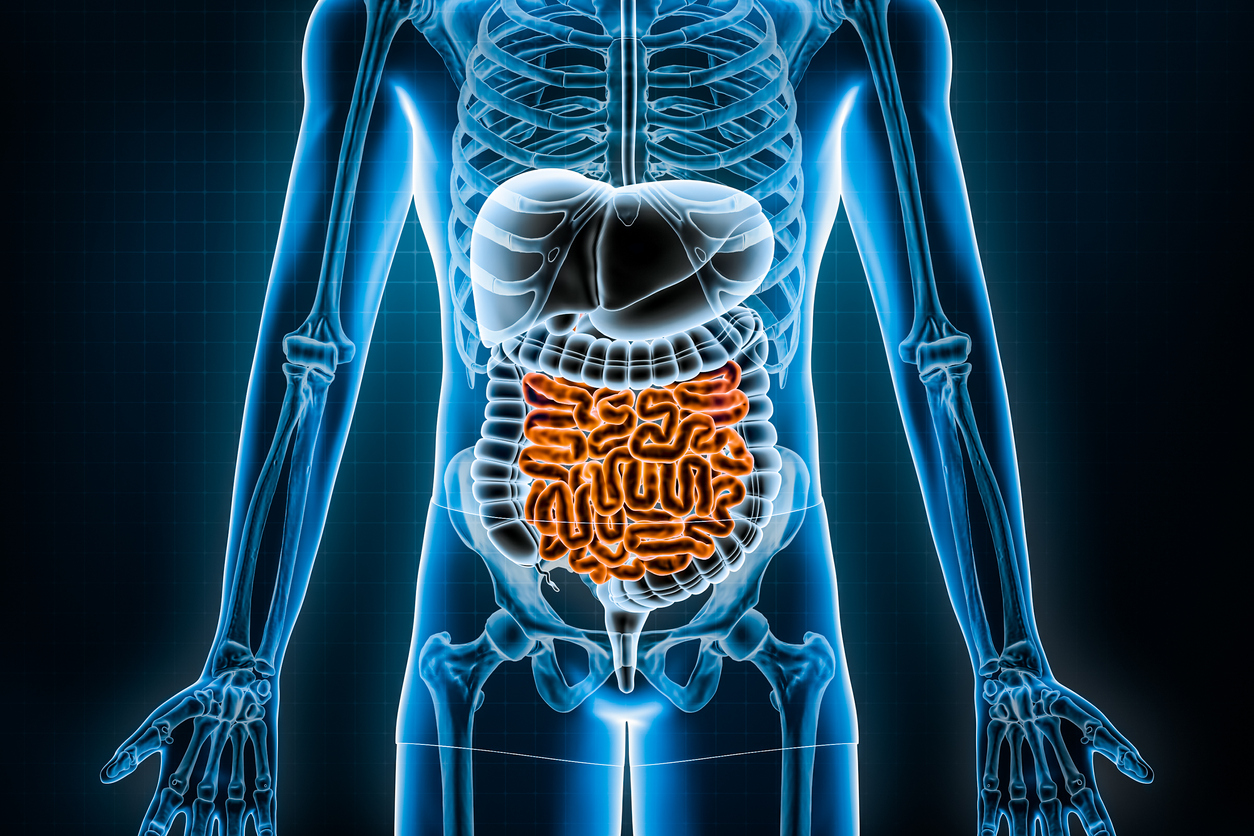

Idorsia Pharmaceuticals UK Ltd funded this eLearning project. Content was developed via a Collaborative Working Agreement with final editorial decisions resting with the RCGP.
UK-DA-00381 Date of preparation: April 2024
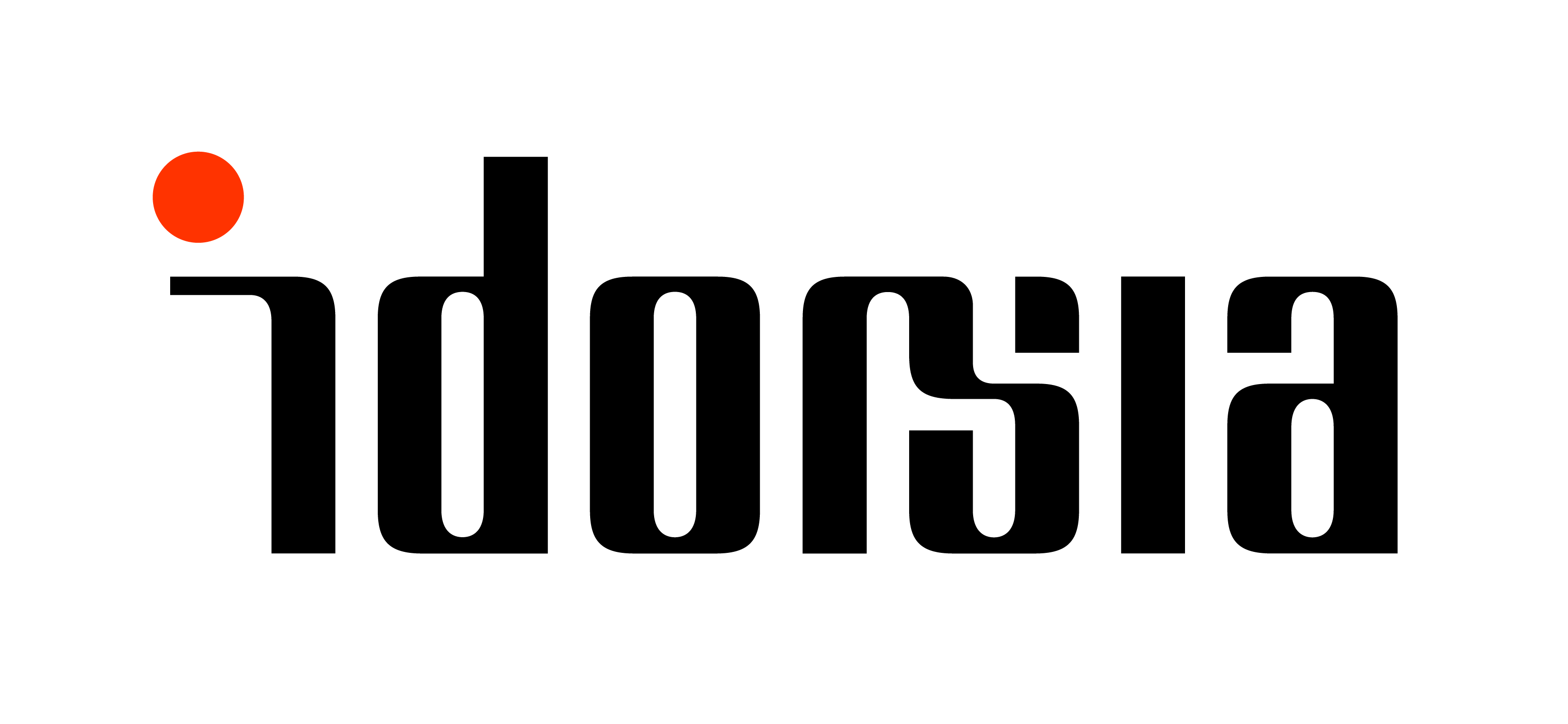




This course aims to educate primary care clinicians about neuromuscular disorders, putting these in the context of other rare diseases. It gives disease-specific information for some of the more common neuromuscular disorders and describes common features and key differences of a range of neuromuscular conditions. It discusses the importance of early diagnosis and new emerging therapies. The course also highlights when one should suspect a neuromuscular disorder and what to do. The associated module, ‘Motor development in children’, provides you with a structured approach to assessing children’s motor development and highlights some key red flags.
PTC Therapeutics has provided sponsorship to the Royal College of General Practitioners in order to develop this educational programme. PTC Therapeutics has provided a medical accuracy and ABPI Code compliance review of the content but has had no input into the development of this programme.



We are currently in a climate emergency – this affects every facet of our lives, including healthcare. In this introduction to sustainable healthcare, we will discuss the carbon footprint of primary care and the opportunities to reduce our emissions in both the short and the long term.
An educational grant was received from NHS England for the production of the course. Editorial and content decisions were made solely by the RCGP.





This course explores Kawasaki disease, the leading cause of acquired heart disease in UK children. The course focuses on the need to consider it as a diagnosis and how essential it is to achieve early treatment. Its presentation to General Practice will be discussed, along with risk factors for developing the disease, and potential differential diagnoses as well as the long-term management relevant to the GP.
An educational grant was received by Societi for the production of the course. Editorial and content decisions were made solely by the RCGP.

Welcome to the Leadership Pathway. This section has been created to host resources designed to support members on their leadership journey. The three learning modules that make up the pathway can be accessed via the Overview option below left. There are additional resources to support your leadership training in the right-hand box below.

Available until 30 January 2026.
The national learning disability mortality review programme ‘learning from lives and deaths – LeDeR’ has shone a light on the huge health inequalities experienced by this population. This course will cover a variety of topics aiming to help GPs support the health needs and complexity of their patients with a learning disability.
Learning objectives:
Topics include:
Conference Chairs:
Dr Alison Tavare, NHSE SW Learning Disability Collaborative Clinical Lead, Health Innovation West of England Clinical Lead, NCEPOD Clinical Co-ordinator
